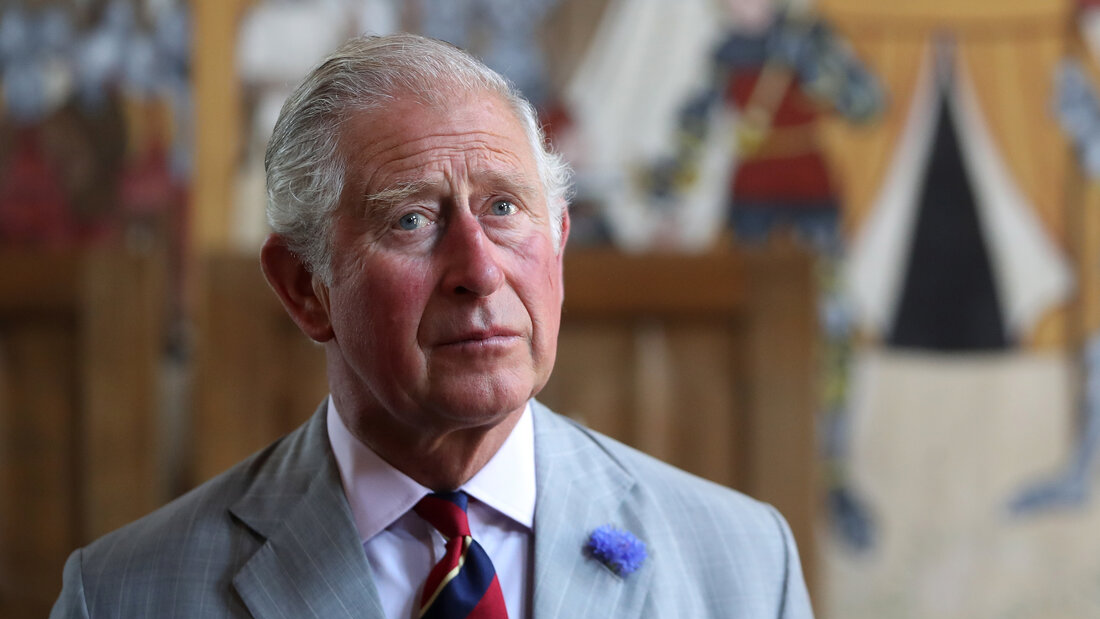The United Kingdom “cannot change our history,” Prime Minister Sir Keir Starmer stated in a recent interview, addressing increasing calls for reparations related to Britain’s role in the transatlantic slave trade. Starmer, speaking during the Commonwealth Heads of Government Meeting in Samoa, responded to diplomatic sources indicating that Commonwealth leaders are eager to initiate a “meaningful conversation” regarding reparations—a move that could lead the UK to provide billions in compensation to countries historically affected by the slave trade.
The call for reparations has gained momentum among Commonwealth leaders, reflecting an urgency to address historical injustices through various forms of reparation. However, the British government has remained firm on its stance. Sir Keir expressed that, while the UK acknowledges the “abhorrent” nature of the slave trade, the primary focus should be on current issues, such as climate resilience and trade growth among Commonwealth nations. He added that while discussing history is essential, his government would prioritize present-day challenges rather than reparatory financial commitments.
Commonwealth Leaders Push for Reparatory Justice
During the meeting in Samoa, leaders from 56 Commonwealth countries convened to discuss a wide range of topics, including the potential for reparations from the UK. Many nations with legacies of slavery have urged Britain to apologize formally and compensate for the socioeconomic impact of the slave trade. Despite Starmer’s comments that “the UK cannot change our history,” the leaders remain persistent in their demand, indicating a willingness to discuss reparations as a collective goal within the Commonwealth.
Proponents of reparatory justice emphasize that such measures could extend beyond direct financial compensation. Reparations could include debt relief, educational and cultural initiatives, economic support, public health assistance, and even official recognition of historical injustices. These measures, advocates argue, would help address generational impacts of slavery that are still felt in many Commonwealth nations today. Some nations, such as the Bahamas, have openly stated that the UK’s willingness to apologize for historical wrongdoings would be a crucial initial step.
UK Government Divided Over Reparation Payments
Within the UK government, the topic of reparations has drawn divided opinions. Chancellor Rachel Reeves, in an interview ahead of the summit, ruled out any reparation payments, stating, “That’s not something that this government is doing.” Reeves echoed Starmer’s sentiments by emphasizing that the government’s focus remains on the economic and social issues that directly impact today’s society. The stance underscores a reluctance to revisit financial commitments for historical issues, despite the clear call from Commonwealth leaders to consider reparations seriously.
While Starmer and Reeves have both spoken against reparatory payments, they agree on the importance of acknowledging history to guide current policies. Starmer highlighted his commitment to assisting Commonwealth nations in securing funding through international financial institutions, especially to address climate-related challenges, as a practical alternative to direct reparations. Starmer reiterated that though Britain “cannot change our history,” it can explore avenues to support global resilience against climate change—a priority he believes could foster unity and progress within the Commonwealth.
King Charles Acknowledges “Painful Aspects” of History

In his opening address to the Commonwealth summit, King Charles III also addressed the lasting impact of Britain’s historical role in the slave trade, calling for greater acknowledgment of the past while emphasizing the importance of cohesion within the Commonwealth. “Our cohesion requires that we acknowledge where we have come from,” he said, referencing the importance of shared history. “None of us can change the past, but we can commit to learning its lessons.”
King Charles’s comments have been interpreted as a message of empathy and a willingness to address sensitive historical topics within the Commonwealth, even though formal reparations remain off the official agenda. His statement acknowledged the deep connections within the Commonwealth and the ongoing legacy of colonial history, encouraging open dialogue among member nations about reparatory justice.
Strong Support for Reparations Among Commonwealth Leaders
Reparations advocates remain resolute in their demands. Foreign Minister Frederick Mitchell of the Bahamas, a leading voice on the issue, expressed his belief that the UK will ultimately reconsider its stance on reparations. “It may take a while for people to come around, but come around they will,” Mitchell commented, calling for the UK to apologize as a critical step. Commonwealth nations, including Ghana, Lesotho, and Gambia, are also supporting reparatory justice, with leaders in these nations recognizing the long-term socioeconomic disadvantages experienced due to the slave trade.
This historical context has inspired renewed appeals for justice among Commonwealth leaders, with reparations advocates underscoring that the UK’s actions could lead to a transformative era of equality and cooperation within the Commonwealth. While the UK government maintains its current focus on immediate economic and environmental concerns, the call for reparations and apologies highlights a growing push among Commonwealth nations to address the legacy of slavery.
Closing Thoughts
As the UK resists reparation payments, Sir Keir Starmer’s statement that “the UK cannot change our history” has reinforced the government’s current position on the issue. However, the continued discussion among Commonwealth nations demonstrates that the push for reparations remains an important diplomatic topic. With both historical recognition and practical support programs on the agenda, Britain’s relationship with Commonwealth countries may evolve as these conversations progress.
Stay connected to know more on arcnews.online for global news like UK Cannot Change the Slave Trade History, Says Starmer After Reparation Requests. For videos updates visit our YouTube. Do subscribe to Arcnews to get latest updates directly in your mail box.
Have A Great Day.


